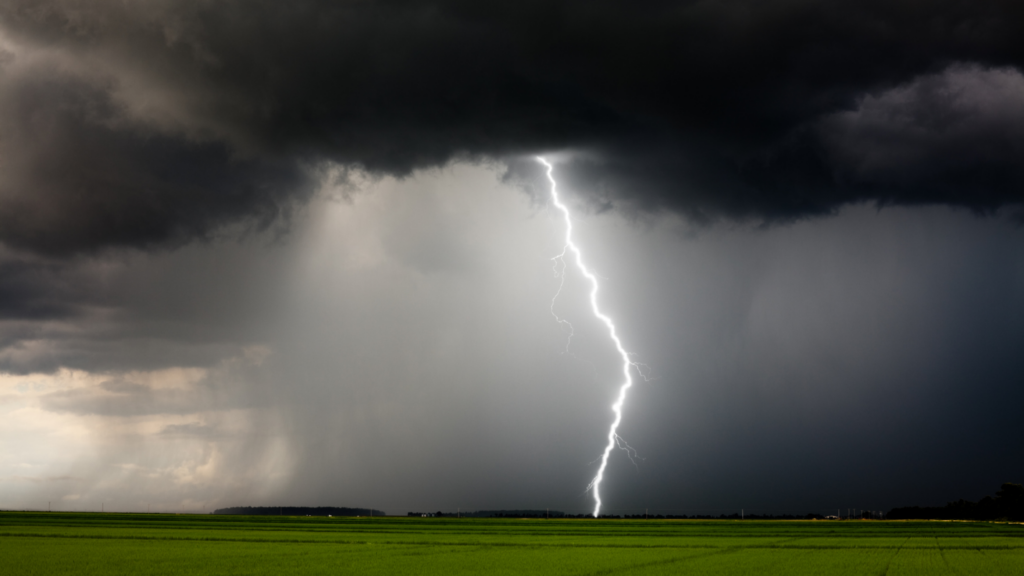Septic systems play a vital role in managing wastewater for homes in rural areas or those not connected to a municipal sewage system. While these systems are designed to operate efficiently under normal conditions, extreme weather events such as heavy rain, flooding, or prolonged drought can significantly disrupt their functionality, requiring professional Sonoma County septic services. Understanding how these weather conditions affect your septic system is key to ensuring its longevity and avoiding costly repairs.
Heavy Rain and Septic System Flooding
One of the most common weather-related challenges for septic systems is excessive rainfall. When your area experiences heavy rain, the soil around your septic tank and drain field can become waterlogged. This waterlogged soil can prevent proper drainage and make it difficult for your septic system to treat and filter wastewater.
Flooding the Drain Field
The drain field is an essential part of your septic system that allows wastewater to filter through the soil. When heavy rains saturate the ground, the drain field can become overwhelmed and unable to properly absorb wastewater. This can lead to your septic tank backing up, slow drainage, and even sewage seeping into your yard.
Backups into Your Home
If the septic system becomes overburdened, the wastewater has nowhere to go and may back up into your home. This can result in foul odors, clogged drains, and potential health hazards.
Leach Field Damage
A saturated drain field can become compacted under the weight of standing water, leading to long-term damage. This makes it harder for your septic system to function even after the rain subsides.
Damage Prevention Tips for Heavy Rain
Use these tips to help prevent damage:
Direct Water Away
Direct downspouts and gutters away from the drain field to prevent excess water from saturating the soil.
Limit Water Use
Avoid using excess water in your home during heavy rainfall, as this adds additional strain to the system.
Professional Inspection
Schedule regular septic inspections to identify any early signs of system overload.
Drought and Septic System Issues
While drought might not seem as threatening as flooding, it can also cause significant issues for maintaining a healthy septic system. Drought conditions lead to dry and compacted soil, which can affect how your septic system functions.
Compacted Soil
During droughts, soil becomes dry and hard. This compaction can make it difficult for wastewater to properly filter through the drain field, which can lead to backups or inefficient treatment of waste.
Cracked Pipes
The ground around your septic system may shift as the soil dries out and contracts, potentially causing cracks in the pipes leading from your home to the septic tank.
Reduced Beneficial Bacteria
Septic systems rely on bacteria to break down waste. During drought conditions, the reduced water flow through the system can reduce the population of these bacteria, leading to inefficiency in waste treatment.
Damage Prevention Tips for Drought
Use these tips to help prevent damage:
Water Field
Water your drain field occasionally during extreme drought to prevent the soil from becoming too compacted.
Continued Use
Maintain a steady usage of your septic system to keep bacteria levels balanced and functioning effectively.
Winter Weather and Freezing Temperatures
Extreme cold is another weather condition that can wreak havoc on your septic, especially in areas prone to freezing temperatures or if you fail to take proactive steps to protect your system.
Frozen Pipes
In colder climates, septic pipes are at risk of freezing, especially if they are not buried deep enough below the frost line. Frozen pipes can lead to blockages, cracks, or bursts that are difficult and expensive to repair.
Slower Bacterial Activity
Cold temperatures can slow down the activity of bacteria within the septic tank. This can cause waste to accumulate more quickly, leading to clogs and other issues.
Damage Prevention Tips for Winter Weather
Use these tips to help prevent damage:
Insulate septic pipes and tanks if you live in an area prone to freezing temperatures.
Avoid parking vehicles or heavy machinery on the drain field, as this can compact the soil and make it more susceptible to freezing.
When to Seek Professional Help
While some maintenance can be done on your own, extreme weather conditions often require the expertise of a professional. If your system is backing up, if you notice pooling water near your drain field, or if you suspect flooding or freezing has caused damage, it’s important to contact a professional septic maintenance service provider right away. The team at L.J. Construction can inspect your septic system and provide the necessary repairs or adjustments to prevent further damage.
Get Professional Septic Services in Sonoma County – L.J. Construction
Don’t wait for extreme weather to damage your septic system. Schedule professional septic services in Sonoma County with L.J. Construction and ensure your septic system is ready for whatever Mother Nature throws your way! Contact us or give us a call at (707) 823-0247 to learn more.
President / Owner, L J Construction
LJ Construction is a family owned and operated business that was founded in 1966. We provide full-service septic tank repair, installation and maintenance. With years of experience in commercial and residential projects, our goal is to find a solution to all of your system issues. We adhere to the highest industry standards.
Our reputation is built on our name and we are proud to say LJ Construction offers more than integrity alone, we offer effective results. LJ Construction is licensed and insured and we look forward to serving you!

